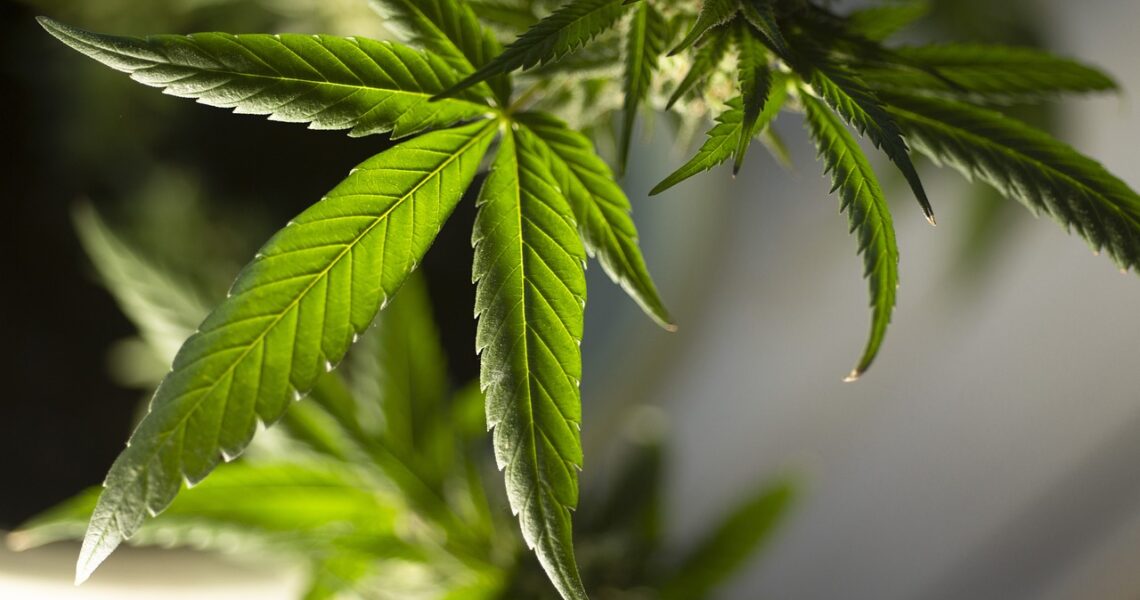In recent years, the interest in cannabis and its derivatives has surged, driven by a growing body of research and changing legal landscapes. Among the many compounds found in cannabis, THCA (tetrahydrocannabinolic acid) has emerged as a promising option for those seeking therapeutic benefits without the psychoactive effects commonly associated with THC. This article explores the potential of THCA flower as a natural remedy, highlighting its benefits and applications. Where to buy THCa flower online?
Understanding THCA: The Basics
THCA is a non-psychoactive cannabinoid found in raw and live cannabis plants. Unlike THC, which is known for its mind-altering effects, THCA does not produce a high. This is because THCA must be decarboxylated, a process that involves heating, to convert into THC. As a result, consuming raw cannabis or THCA-rich products allows users to experience potential health benefits without the psychoactive experience.
How THCA Works in the Body
THCA interacts with the body’s endocannabinoid system, a complex network of receptors and neurotransmitters that play a role in regulating various physiological processes. While research is still in its early stages, preliminary studies suggest that THCA may offer anti-inflammatory, neuroprotective, and antiemetic properties.
Potential Health Benefits of THCA
THCA is gaining attention for its potential therapeutic applications. Here are some of the key benefits that have been identified:
- Anti-inflammatory Properties: THCA may help reduce inflammation, making it a potential option for individuals with conditions like arthritis or inflammatory bowel disease.
- Neuroprotective Effects: Early research indicates that THCA might protect brain cells, which could be beneficial for neurodegenerative diseases such as Alzheimer’s and Parkinson’s.
- Antiemetic Benefits: THCA has shown promise in reducing nausea and vomiting, which can be particularly helpful for patients undergoing chemotherapy.
- Pain Relief: Some users report that THCA provides relief from chronic pain without the high associated with THC.
Case Studies and Research
While comprehensive clinical trials are still needed, several studies and anecdotal reports highlight the potential of THCA. For instance, a study published in the British Journal of Pharmacology found that THCA exhibited anti-inflammatory properties in animal models. Additionally, a survey of medical cannabis users revealed that many patients experienced symptom relief with THCA-rich products.
Real-Life Examples
Consider the case of a patient with rheumatoid arthritis who incorporated THCA into their treatment regimen. Over time, they reported reduced joint pain and improved mobility, attributing these changes to the anti-inflammatory effects of THCA. Such stories underscore the potential of this cannabinoid as a natural remedy.
How to Use THCA Flower
For those interested in exploring THCA, there are several ways to incorporate it into daily routines:
- Juicing Raw Cannabis: Consuming raw cannabis leaves and flowers through juicing is a popular method to intake THCA.
- THCA Tinctures and Oils: These products offer a convenient way to measure and consume THCA without the need for preparation.
- Topical Applications: THCA-infused creams and balms can be applied directly to the skin for localized relief.
Legal Considerations
The legal status of THCA varies by region, influenced by broader cannabis regulations. In areas where cannabis is legal, THCA products are generally available. However, it’s important for consumers to understand local laws and regulations before purchasing or using THCA products.
Conclusion
THCA flower presents a promising option for those seeking natural relief without the psychoactive effects of THC. With potential benefits ranging from anti-inflammatory and neuroprotective properties to pain relief, THCA offers a versatile approach to wellness. As research continues to unfold, the therapeutic potential of THCA is likely to become more widely recognized, providing new opportunities for natural health solutions.
